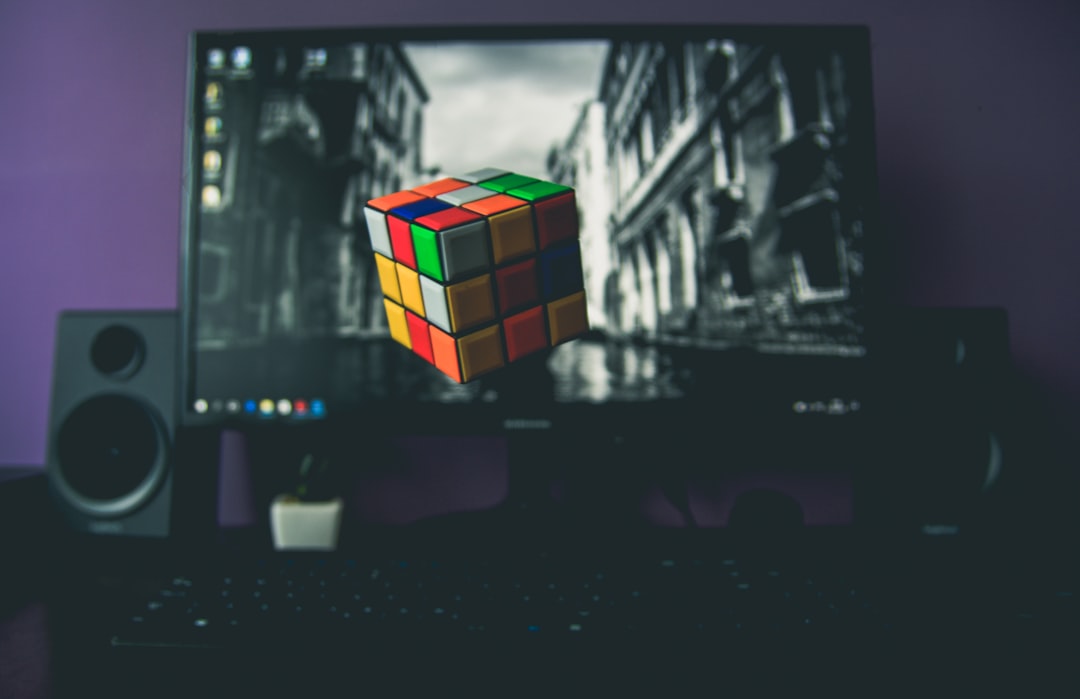Puzzles have captivated the human mind for centuries. From ancient riddles carved in stone to the digital brainteasers found on modern mobile applications, the allure of solving a challenge continues to engage people of all ages. But beyond their entertainment value, puzzles offer profound benefits to our cognitive development and emotional well-being.
In an increasingly fast-paced world, people are seeking ways to sharpen their minds and attain mental clarity. Puzzles provide a unique dual benefit by improving various brain functions while also encouraging a state of mindfulness that rivals meditation.
The Cognitive Benefits of Puzzles
Engaging with puzzles exercises key areas of the brain, supporting better memory, problem-solving, and reasoning abilities. Here’s how:
- Enhanced Memory: Solving puzzles, particularly those involving words or patterns like crosswords and Sudoku, reinforces existing neural pathways and stimulates the creation of new connections. This leads to more effective memory retention and recall.
- Improved Critical Thinking: Analytical skills are crucial when attempting to decipher complex clues or interpreting visual-spatial layouts. Puzzles develop logical reasoning by challenging the individual to find solutions through structured thinking.
- Better Attention to Detail: Jigsaw puzzles, for instance, require keen observation and precision as subtle differences in shapes and colors must be noticed. This translates to heightened focus in everyday tasks.
Research conducted at leading cognitive neuroscience institutions has shown that people who regularly participate in puzzle-solving activities tend to experience less age-related cognitive decline. Studies have even linked such activities with a delayed onset of neurological conditions like Alzheimer’s disease.

Achieving Mindfulness Through Focused Engagement
While puzzles challenge the intellect, they also possess the power to calm. In today’s world, where distractions are constant and attention is fragmented, puzzles offer a rare opportunity to focus wholly on a single task. This promotes a state of mindfulness—a mental condition marked by full awareness and presence in the moment.
Mindfulness has been associated with lower stress levels, reduced anxiety, and improved emotional regulation. When an individual immerses themselves in a puzzle, their mind shifts away from external worries. Breathing stabilizes, thoughts slow down, and a sense of flow—often described as being “in the zone”—is achieved.
For example, the methodical placement of puzzle pieces, the careful assessment of clues, and the satisfaction of a correct answer or completion deliver small but impactful doses of dopamine, the brain’s reward chemical. This creates a reinforcing loop that not only improves mood but also cultivates patience and persistence.
Diverse Types of Puzzles and Their Unique Advantages
The world of puzzles is as diverse as it is engaging. Each type offers distinct cognitive and psychological rewards:
- Crossword Puzzles: Enhance verbal fluency and general knowledge.
- Sudoku: Strengthens numerical reasoning and logical sequencing.
- Jigsaw Puzzles: Promote visual-spatial awareness and coordination.
- Mechanical Puzzles (e.g., Rubik’s Cube): Train dexterity and strategic planning.
- Online & App-Based Puzzles: Offer gamified approaches to boost daily mental engagement.
Choosing a variety of puzzle types can target different facets of brain function, offering a more balanced mental workout.

Integrating Puzzles Into Daily Life
Incorporating puzzles into your routine doesn’t require drastic lifestyle changes. Even dedicating 15 to 20 minutes a day can yield noticeable benefits. Here are a few practical approaches:
- Start your morning with a simple word game to activate your brain.
- Keep a small puzzle book on hand during commutes or breaks.
- Engage in family puzzle nights, combining social interaction with cognitive stimulation.
- Download an app offering daily logic or number puzzles.
These regular habits can slowly build up long-term mental resilience and help you better manage stress and decision-making.
Conclusion
The value of puzzles goes far beyond amusement. Their role in supporting lifelong cognitive acuity and promoting emotional well-being cannot be overstated. Whether you’re a child developing foundational thinking skills or an adult seeking mental sharpness and serenity, puzzles offer a universally accessible solution.
In a digital age teeming with distractions, pausing to piece together a puzzle is more than a diversion—it becomes a powerful tool for introspection, growth, and resilience. As we solve puzzles, we also solve ourselves—one thoughtful piece at a time.
